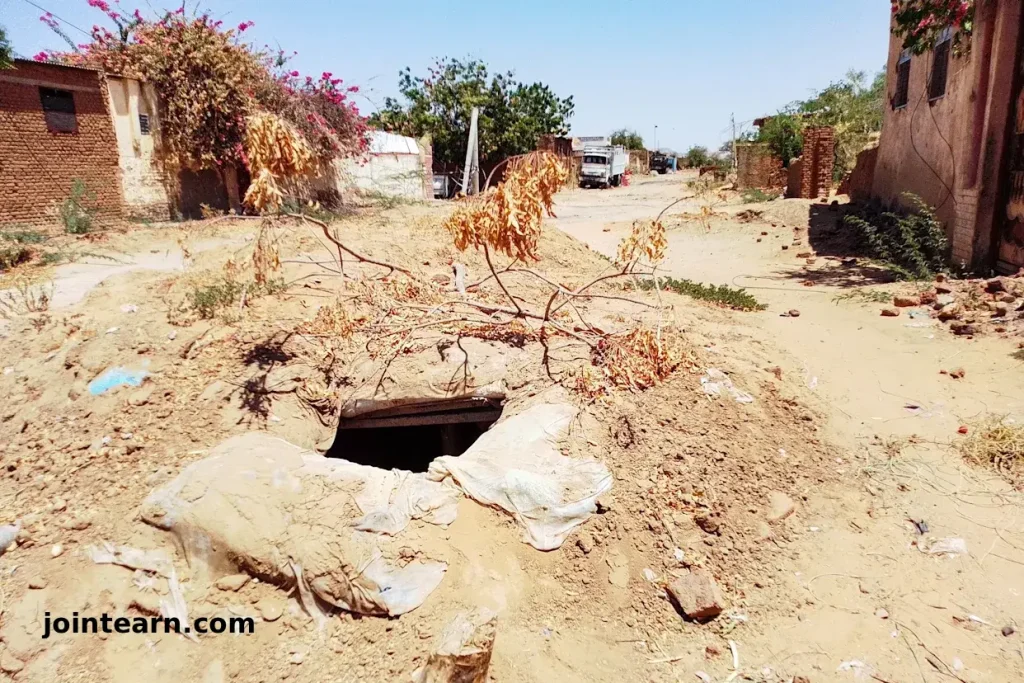
SUDAN — Fighting across Sudan intensified this week as the paramilitary Rapid Support Forces (RSF) launched coordinated attacks on the besieged North Darfur capital of el-Fasher and the North Kordofan city of Bara. The escalations mark one of the deadliest phases of Sudan’s ongoing civil war, now in its third year.
The RSF attacked Bara, located roughly 350 kilometers (215 miles) southwest of Khartoum, from multiple directions early Saturday morning, prompting heavy artillery retaliation from the Sudanese Armed Forces (SAF), a military source told Al Jazeera. Bara, one of the largest urban areas still under army control near the western front line, has effectively been encircled by paramilitary forces. Communications were cut off following the assault, leaving residents isolated.
Clashes and Strategic Advances
In North Darfur, RSF fighters released videos claiming control over the governor’s residence in el-Fasher and positions near the SAF’s 6th Infantry Division headquarters. Footage showed paramilitary fighters asserting plans to advance into the city center. Despite this, a source within the 6th Infantry Division described a “cautious calm” by Friday morning, following a major assault the previous day.
Residents in el-Fasher report continuous shelling and gunfire, with artillery impacting neighborhoods close to civilian areas. One local told Al Jazeera, “It’s happening everywhere, even near me. An artillery shell landed about 100 meters away.”
Catastrophic Humanitarian Crisis
Medical workers and aid agencies warn that the humanitarian situation has reached unprecedented levels. Dr. Razan Al-Mahdi, spokesperson for the Sudan Doctors Network, said, “Every passing day, we lose no fewer than three children due to malnutrition, disease, and the dire lack of medical and humanitarian resources.”
Four United Nations agencies have highlighted that over 250,000 civilians—half of them children—remain cut off from food, medical care, and essential services due to the 16-month siege of el-Fasher. Health facilities have collapsed, leaving children with severe malnutrition untreated. Save the Children reported that at least 17 children were killed and 22 wounded in el-Fasher during October alone, based on Sudan Doctors Network data.
Drone Strikes and Infrastructure Attacks
The war has seen a sharp increase in drone strikes targeting civilian and critical infrastructure. RSF attacks on power facilities earlier this week disrupted electricity across multiple cities and injured six workers. For a fourth consecutive day on Friday, RSF drones targeted Khartoum International Airport, delaying plans to reopen the facility after army forces recaptured the capital in March.
UN expert Radhouane Nouicer expressed concern over the intensification of drone attacks by both sides, warning of the long-term implications for civilian safety and infrastructure.
International Diplomacy and U.S. Involvement
Sudanese Foreign Minister Mohieldin Salem traveled to Washington, D.C., this weekend for discussions on peace and humanitarian assistance. Although reports suggested indirect talks between the SAF and RSF, the Sudanese Ministry of Foreign Affairs denied such meetings.
Former U.S. President Donald Trump has publicly pledged to increase efforts to mediate the Sudan conflict. However, with U.S. foreign policy currently focused on maintaining the fragile Gaza ceasefire and navigating the ongoing conflict in Ukraine, Sudan has received limited attention.
The conflict, which began in April 2023, has resulted in tens of thousands of deaths, displaced 12 million people, and left 30 million in need of urgent humanitarian aid, making it the world’s largest ongoing humanitarian crisis.


Leave a Reply